(You can also listen to this piece as podcast - either through the link above or via Spotify or Apple Podcasts, as well as the Substack app)
Hello! How is the start of April treating you? This gorgeous sunshine we’ve been having has been wonderful, hasn’t it? One of my favourite things about this time of year is the extra loud birdsong - there’s something so calming yet joyful whenever I hear it in the mornings. Definitely a glimmer for me.
It’s been a couple of weeks since I’ve written here or done a podcast - mainly because life has been very full - in a good way :) As most of you know I have a portfolio career - meaning my work weeks are made up of different roles, predominantly coaching and working as a menopause specialist, as well as some other projects and roles less frequently. Whilst I LOVE working in this way and most of the time all the pieces slot together well, one of the main challenges is when the ‘busy’ periods of these different roles all fall at once. This doesn’t happen that often - but when it does I need to prioritise what’s really important vs what can wait. .

Of course, I feel very lucky to be doing work that I love - and I’m super happy that my coaching practice has been growing consistently - so this is all good news.
And it also means that I get chance to put it into practice taking care of my energy even when things are full on. I’m not saying that I’m perfect at this - as I say to my clients it’s a practice, rather than something we learn once and then consistently do effortlessly without thinking each and every time.
One metaphor that I like to consider when I’m faced with a full diary and multiple priorities is the idea that this is a bit like juggling multiple balls - many of you will have heard this before (This was originally the concept of Brian Dyson, a previous CEO of Coca-Cola - but I’ve adapted it slightly to make it more aligned for my personal preferences)
The concept is based on the idea that some these balls we’re juggling are glass - meaning they’ll break if I drop them. Some of them are rubber - meaning they will bounce back if I drop them - no biggie - I can just start juggling with them again. And others might be plastic - meaning I can drop them - they won’t break, no problem.
The challenge here isn’t to keep juggling all the balls - this is simply impossible and a sure fire recipe for burnout - there’s an infinite number of balls that we’re required to juggle across our personal and professional lives that we can’t possibly keep them all in the air all of the time.
No, the challenge is having the discernment to identify which are your glass and which are your rubber and plastic balls at any point in time (because this will shift and change over time)
We also need to identify if we’ve ended up juggling someone else’s balls - the things that we’re doing as a result of someone else’s expectations, or wanting to keep someone else happy - but which aren’t really truly aligned with our own priorities - or conflict with our own priorities and ultimately put our own glass balls at risk of being dropped.
And we also need to work out how we can keep juggling our ‘supporting balls.’ These are the balls that help to keep us juggling, the balls that keep everything else in rhythm. The ones that without - our overall juggling becomes less efficient and starts to get messy and much harder than it needs to be. These can look very similar to a rubber or plastic ball, and we may decide that we need to drop these in order to be able to juggle another glass ball. But ultimately these are the ones that keep us juggling in the first place - and so we need to keep tight hold of these. For me right now these are running, time with friends and family as well as my yoga practice - but yours might be very different.
I’m not saying any of this is easy. Prioritisation is tough - it involves making hard decisions and having to face up to the fact that we are not invincible - as well as the fact that our capacity isn’t endless. This is the real crux - and in reality is a much harder task than overextending ourselves to get everything done - particularly if your identity is tied up in being ‘a coper’ or ‘someone who just gets things done.’
So what if this is you and you find it excruciating to even consider dropping a ball (even if it is ‘just’ rubber or plastic?) Some of you reading this are probably going to be horrified by the idea of dropping any balls whatsoever - particularly if this is witnessed by others. And you might be very uncomfortable by the idea that you may need to disappoint someone else in order to drop one of your balls.
If this is the case, there’s often benefit in exploring your these beliefs and identity on a deeper level - but to get started, it can be worth exploring what might it be like to experiment with allowing yourself to drop just one ball? It can feel very uncomfortable to say no, pause or defer something we’ve taken responsibility for - there’s no denying that. This isn’t about expecting it to be easy, but instead establishing how we can navigate that discomfort for overall benefit.
So my invitation to you is to reflect on the balls you’re juggling right now with the following self-coaching prompts:
What balls are you juggling - and which ones are glass, plastic and rubber? How have you decided this?
And what are your supporting balls?
Are you juggling any balls that aren’t truly yours?
Are you holding onto any balls too tightly? What would it be like to loosen your grip on these a little?
How might it feel to intentionally allow yourself drop your plastic or rubber balls? What is it like to sit with any discomfort this brings up? What might the overall benefits be of allowing yourself to drop a ball (eg pause, decline, or defer something?
I’d love to hear how this resonated for you - feel free to share in the comments or reply to this email.
I’ll be back in your inbox later on the month with the Spring mini-workshop for you - keep your eyes peeled!
Rachael x
How else I can support you:
Dive into the archives and read all the previous pieces here
The Career Wellbeing Scorecard is short quiz that gives you a snapshot of your overall work and personal wellbeing. It takes 3 minutes (or just under) and you will get sent a link to a self-coaching workbook afterwards that helps you to understand how to nurture and grow your score.
1-1 coaching: Evidence-based coaching that supports you to live and work in a way that feels good - and allows you to be the person you want to be - instead of always feeling busy, burntout and being consumed by your to-do list. If you’d like to find out more, check out my Shine Bright coaching programme here. If you’d like to discuss working together, you can book in for an enquiry call here. You can check out all my 2025 coaching options here.
Outside of my coaching work - I work privately as a GP and menopause specialist at Manchester Menopause Hive, seeing patients remotely by videolink. I offer individualised and evidence based care that supports hormonal health. I also provide talks and educational events around women’s health to organisations and groups - do get in touch if you’d like to discuss arranging a talk or workshop.



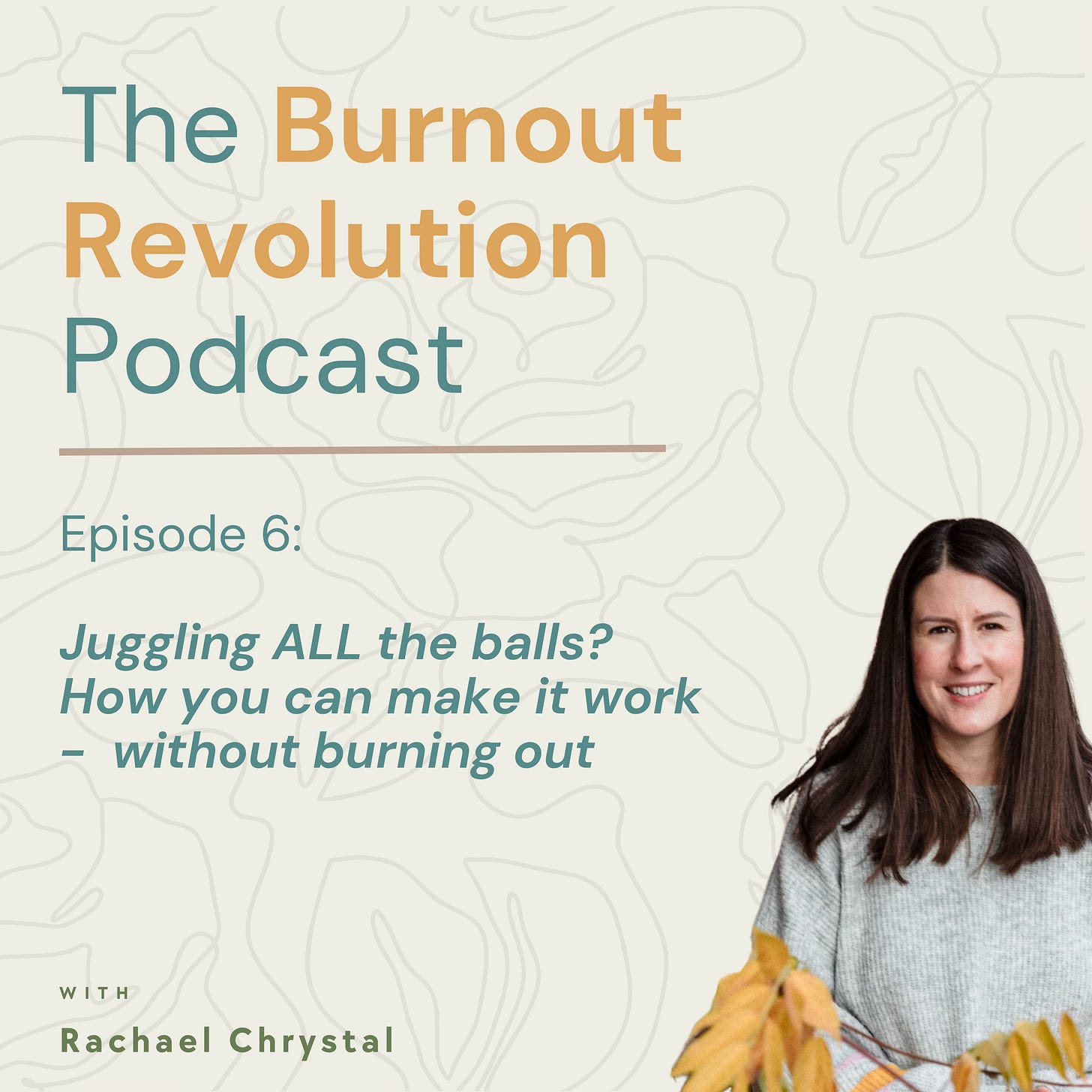

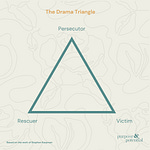
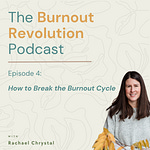
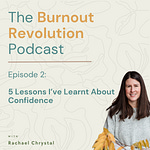
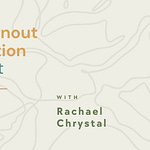

Share this post